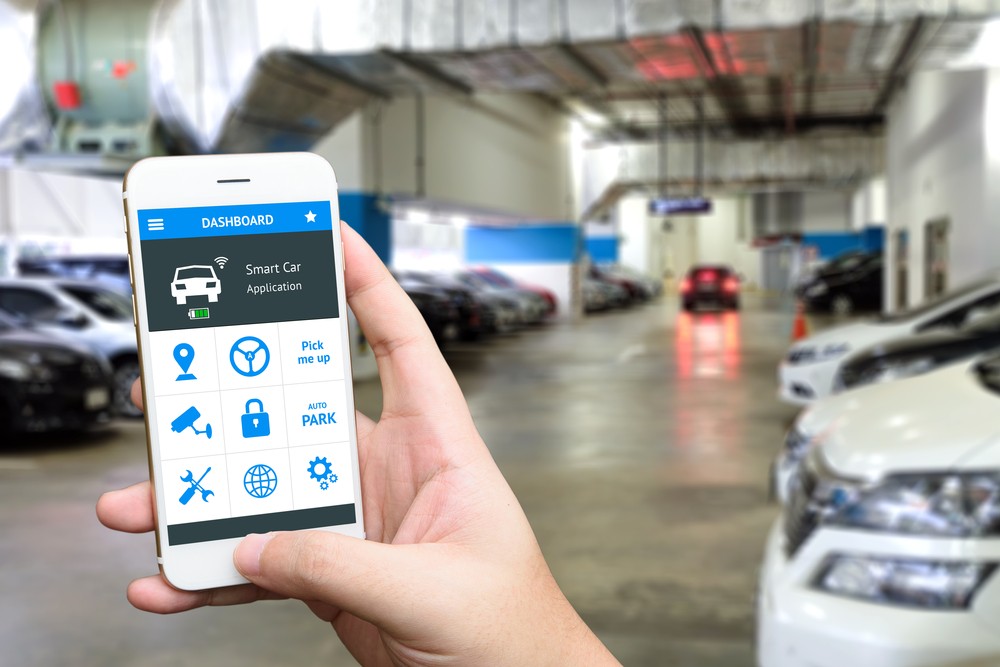TECHNOLOGY
The Real Cost Of Bad Parking Infrastructure

The cost of bad parking infrastructure extends beyond just lost parking revenues.
Without the use of smart parking technology, not just city administrators but also parkers and local business owners stand to lose a lot.
The parking woes in cities across the world, especially in metropolitan regions, are well documented. Many attribute the difficulty in finding parking spaces to a lack of physical parking space. However, studies have shown that in many areas with prevalent parking problems, there are more parking spaces than vehicles on the streets. So, the problem is not the inadequacy of parking infrastructure but its ineffectiveness.
Parking infrastructure goes beyond just the physical space allotted for vehicles in towns and cities. It also includes all the resources and tools used to monitor and manage these parking spaces, such as parking meters, kiosks and cameras. If the components of the parking infrastructure do not function optimally, then entire cities stand to lose a lot more than simply parking revenues. Here is what smart city planners and administrators should consider while assessing the cost of bad parking infrastructure:
Business Revenue Losses due to Non-Smart Parking
Most parking problems are prevalent in the commercial downtown areas of cities. These are areas where most business establishments are physically set up. Be it in the malls and stores or restaurants and theatres, these areas are bustling with commercial activity. However, consumers get discouraged from traveling to areas that have badly managed parking spaces. Even if an establishment is not located at the commercial hub of the city, having inadequate parking can turn potential customers away from these places. This leads to a reduction in the overall sales at these places and leads to a loss in business revenue.
State Revenue Losses due to Bad Parking Infrastructure
In addition to the revenues earned from public parking meters, governments also stand to lose revenue in the form of taxes received from the aforementioned businesses. Similarly, the absence of an automated and smart parking system also means that city authorities have to spend more on human resources to enforce parking rules. This leads to increased costs and diminishes the ROI on parking infrastructure and management. Additionally, the state also stands to miss out on opportunities to leverage the surge in demand for parking spaces during peak traffic hours.
Environmental Cost of Inadequate and Inaccessible Parking
A long-term consequence of having a bad parking infrastructure is the environmental impact of vehicles roaming in search of parking spaces. Cars circling around parking lots while looking for empty spaces lead to unnecessarily excessive emissions. Similarly, administrators and businesses often assume that the parking woes of a city are caused due to a lack of parkable areas. Based on such an assumption, they spend resources in developing land into parking lots. This can potentially lead to a loss of biodiversity, which can eventually have a greater economic impact.
These are just a few ways in which ill-planned and ill-managed parking infrastructure lead to avoidable costs. While planning and budgeting for smart parking initiatives, city planners and managers must take these and other similar factors into consideration. Doing so will allow them to make better ROI evaluations for smart parking projects.
Source link

















You must be logged in to post a comment Login